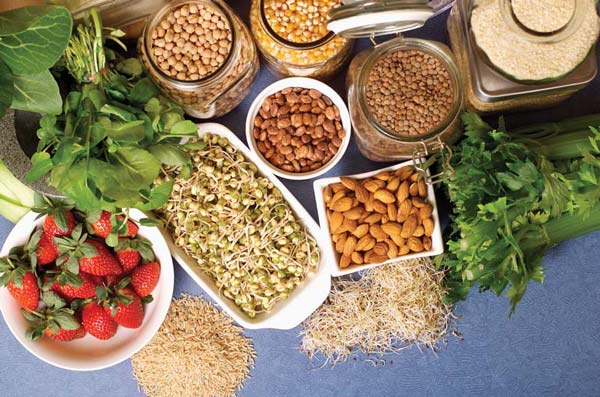In the last few years, there have been a number of people who have discovered their intolerance for certain foods and ingredients in various food items. The one ingredient that seems to stand out from the rest is gluten. Many of us have seen and noticed this word on various advertisements, food packaging, and even social media, but how many of us have a full understanding of what gluten is and how it works?
According to the definition found on Google, “it is a mixture of two proteins present in cereal grains, especially wheat, which is responsible for the elastic texture of dough.” Gluten is one of the most common ingredients which are found in most foods, including bread, breakfast cereals, pastas, lentils and baked goods. Gluten is also made up of two types of ingredients: gliadin (a prolamin protein) and glutenin (a glutelin protein).
While many people have been specifically diagnosed with gluten-intolerance in the recent years, it shows no cause for concern for people who haven’t been professionally diagnosed. However, it is apparent that too much consumption of gluten isn’t good for you or your body long term.
Some of the symptoms of a gluten-intolerance include stomach pains, bloating, and diarrhoea. If you or someone you know is having trouble digesting gluten, consult your doctor or health care professional today.

![5 Reasons You Should Travel Alone Airplane [image source: chau nguyen/ http://thedevilhatessweatpants.blogspot.com.au ], crowd ink, crowdink, crowdink.com, crowdink.com.au](https://crowdink.com/wp-content/uploads/2016/08/Chau-airplane-218x150.jpg)




























![5 Reasons You Should Travel Alone Airplane [image source: chau nguyen/ http://thedevilhatessweatpants.blogspot.com.au ], crowd ink, crowdink, crowdink.com, crowdink.com.au](https://crowdink.com/wp-content/uploads/2016/08/Chau-airplane-100x70.jpg)


